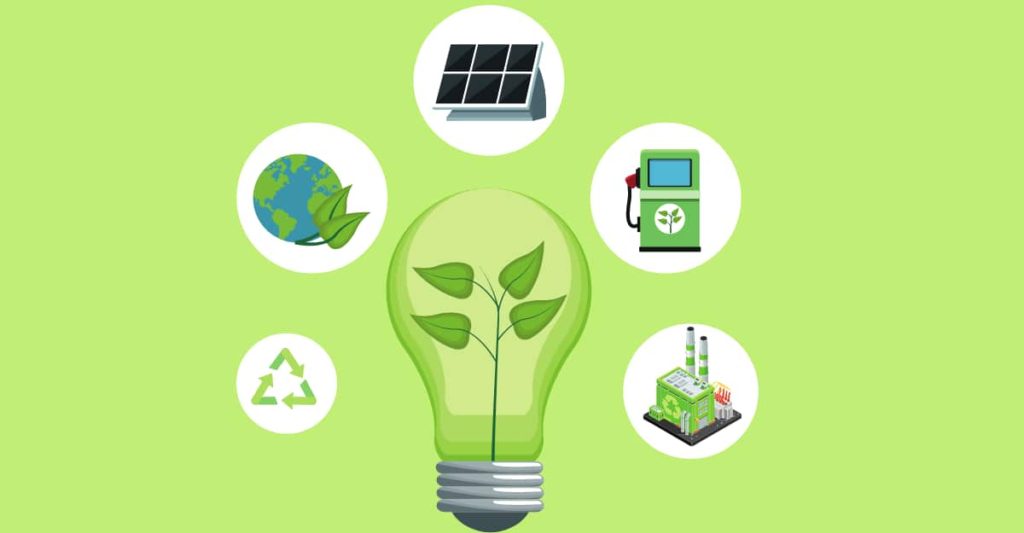What is Energy Conservation Audit
An energy conservation audit is the systematic translation of energy conservation ideas into feasible solutions in an attempt to reduce energy consumption. These days industries are looking for ways to reduce operating expenses. Generally, the three top expenses in a facility are Energy, materials and labor. As a result, it goes without saying that conserving energy should be the top priority of industrial MEP design consultants.
Additionally, energy conservation and audit reduce energy costs and minimize damage to the environment. These steps are taken to optimize the energy supply and maximize efficiency and minimize waste.
Objectives of energy audit
The main objectives of energy conservation and audit are:
- Reduce the costs incurred
- To reduce the wastage of energy
- Minimize environmental effects
- Optimization of equipment and process
Furthermore, there should be no compromise on production and quality while trying to achieve these objectives.
Phases of energy audit
- Pre- Audit Phase: The pre-audit phase has to be structured and methodical. Additionally, an initial study of the site helps in better understanding and for efficient working. This phase deals with creating an audit team, identification of areas that consume the most energy, identify the instrumentation required for the audit and preparing a time frame.
- Audit Phase: The audit phase includes a detailed analysis of various departments/ process equipment over periods of time to understand the energy consumption. Audit includes analysis over both working hours and non-working hours.
- Post Audit Phase: This phase deals with the implementation of the audit recommendations and follow-up.
Levels of energy audit
ASHRAE has provided four levels of the audit. They are:
-
- Bench Marking or Level 0 – This level of audit involves a study to understand whether further analysis is required or not.
- Walk Through Audit or Level I – This audit includes a preliminary assessment of the energy efficiency of the building. As a result, the consultant can come upon simple and cost-efficient measures for improvements.
- Detailed to General Energy Audit or Level II – The consultant conducts a comprehensive survey of the facility.
- Investment-Grade Audit or Level III- This audit involves a detailed engineering study with a focus on modifications.
Generally, the industrial electrical design consultant providing the audit services, recommends the level of audit.
To conclude, the energy conservation and energy audit is a way of keeping operating expenses under control. A professional industrial electrical design consultant helps in the audit of a facility. Also, it is essential to consider the entire facility in a holistic way.












